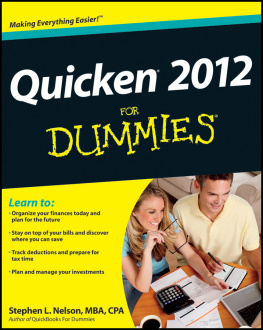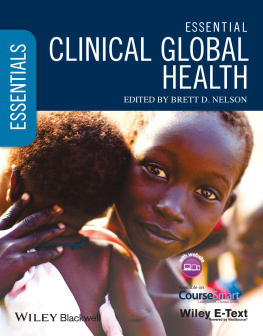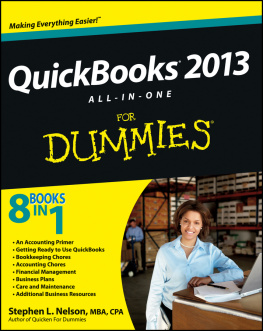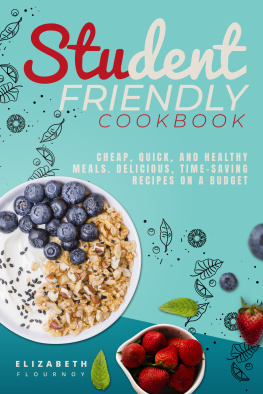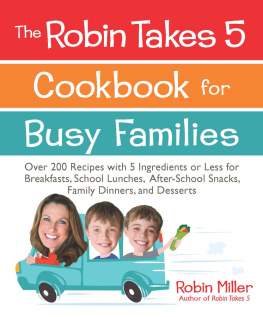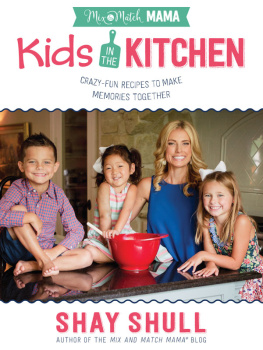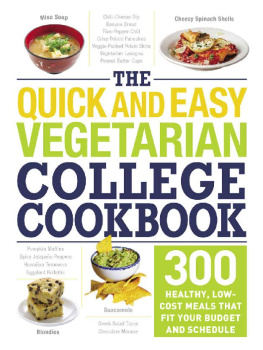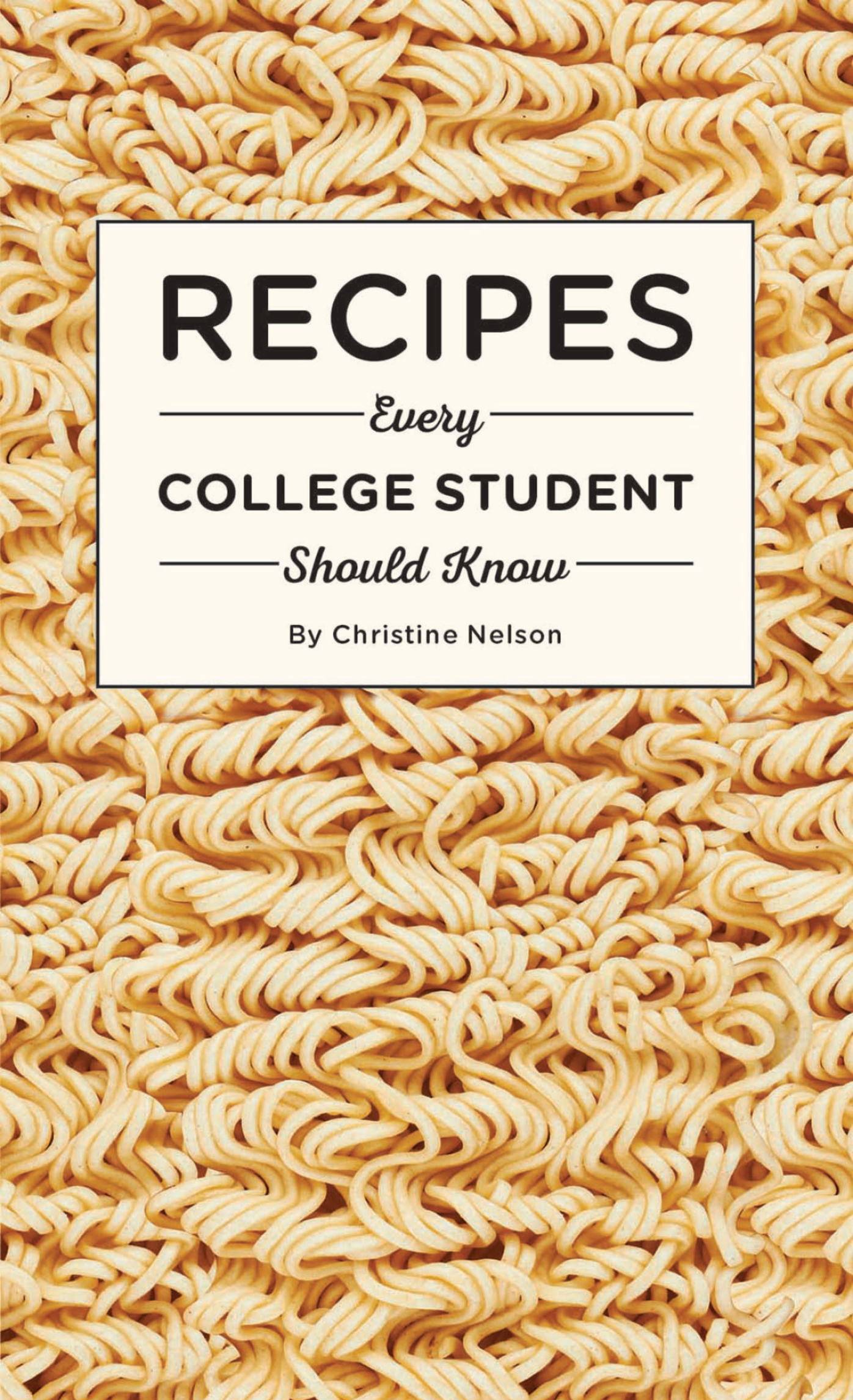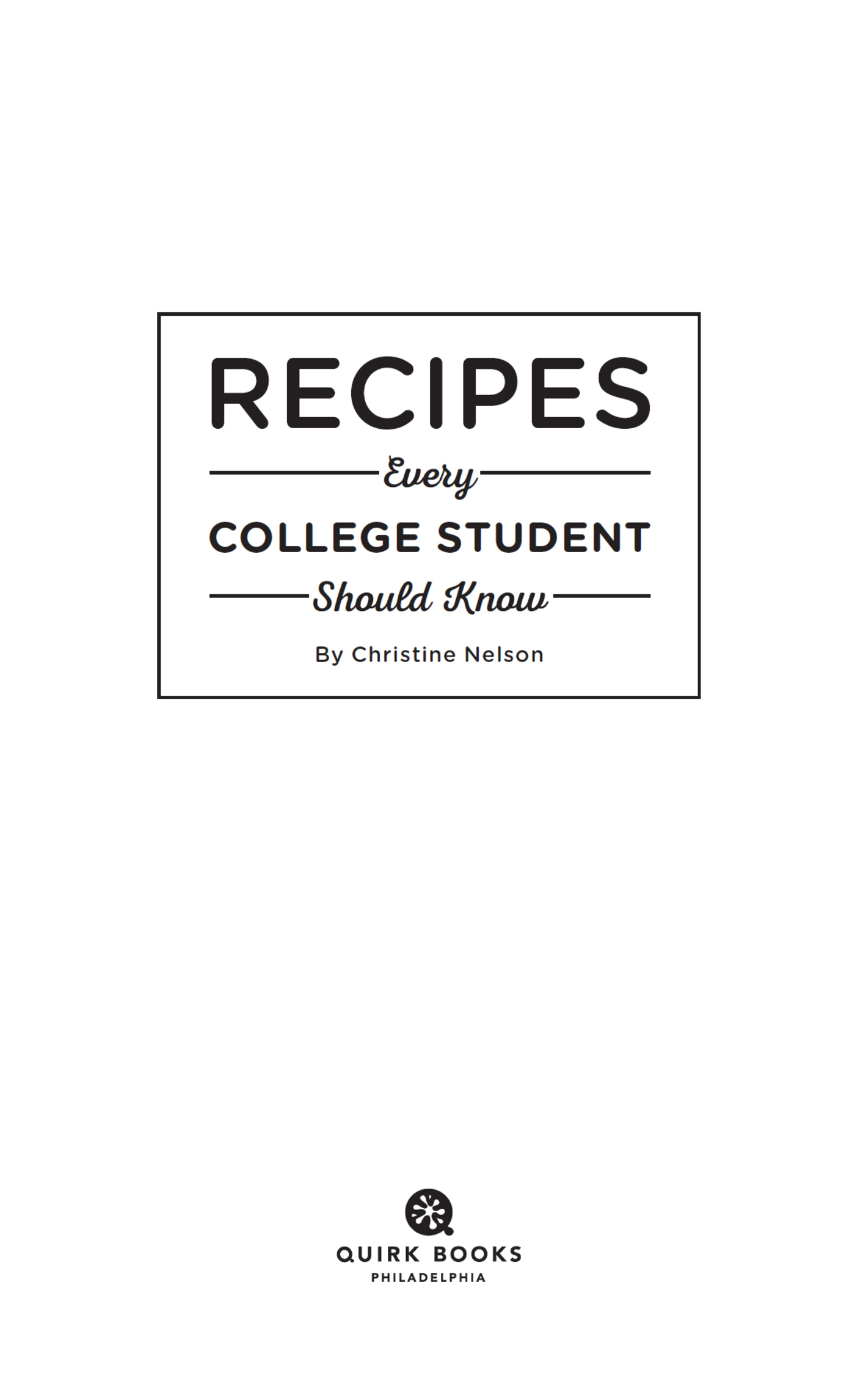Copyright 2017 by Quirk Productions, Inc. All rights reserved. Except as authorized under U.S. copyright law, no part of this book may be reproduced in any form without written permission from the publisher. Library of Congress Cataloging in Publication Number: 2016941167 ISBN9781594749544 Ebook ISBN9781594749551 Production management by John J. McGurk Illustration on by Kate Francis Quirk Books 215 Church Street Philadelphia, PA 19106 quirkbooks.com The publisher and author hereby disclaim any liability from any injury that may result from the use, proper or improper, of the information contained in this book.
In other words: Use your common sense. Be careful with your equipment and ingredients. And try not to set off the dorm smoke alarm, at least in the middle of the night. v4.1 a To my children: Joshua, Zachariah, Luke, and Nathaniel, who teach me every day all of the essential lessons that college didnt.
Introduction
After years of dreaming about going away to college, youre finally ready. But the questions seem endless.
What classes should I take? Should I join a fraternity/sorority? How will I get all this homework done? Should I learn how to cook? Yes, you should! Learning to cook offers: Choice. After years of other people making all the decisions, now its your turn. You decide what to eat. Control. Youve probably heard horror stories about the Freshman 15the pounds a first-year gains. Knowledge. Knowledge.
Thats why youre in college! Even if you forget calculus or Spanish the day after graduation, you will always need to eat. Preparing appetizing, healthy, low-cost meals is a skill you will use for years to come. Satisfaction. Its one in the morning, all the stores are closed, and you want a snack. Good thing you can make chocolate-covered popcorn on ! This little book will help get you started with step-by-step recipes, recommended tools, and some kitchen-safety basics. There are meal ideas for a group of friends and quick breakfasts to make before class.
This information may not help you pass your history midterm, but it will allow you to eat well while studying for it.


The Basics
Cooking doesnt need to be complicated. The simple recipes in this book will give you the nourishing food you need to make it through the school year. explain the terms youll need to know. And following these 10 tips will allow you to at least
look like you know what youre doing.
Buy fresh ingredients.
Read the sell-by dates on dairy, meats, and packaged foods. Look for fruits and vegetables that are not wilted or punctured. Beware of convenience foods. Anything already washed, cut up, bagged, or canned may save time, but theyre more expensive than whole foods. Read the recipe through. Dont thaw food on the counter. Ever. (See Safety First! on .) Follow directions. (See Safety First! on .) Follow directions.
Dont just throw all the ingredients together. It wont end well. Start clean. Wash your cooking area as well as your hands. Assemble everything before you start. Measure first. Measure first.
Peel, chop, measurewhatever it takes to match the ingredients list. Cooking will go more smoothly. Preheat. Set the oven to the correct temperature before you start cooking. It will be ready when you are. Clean as you go.
Post-meal dishes are far more overwhelming than mid-cooking dishes.
Safety First!
Food preparation attracts bacteria, pests, spills, sharp things, hot things, and requests for strange flavor combinations from friends. These basic rules will keep you and the food you prepare safe.
Keep counters, stove, and refrigerator clean. Wipe up spills promptly.
Wash your hands.
Wash your hands.
Oftenbefore handling food and after every time you handle meat or poultry. Practice safe handling. Keep raw meats and poultry separate from other ingredients; refrigerate until ready to use (see box, opposite). Dress appropriately. Dont wear loose clothing that could catch fire. Keep long hair tied back.
Wear closed-toe shoes to protect your feet from falling pots, knives, and spills. Keep dish towels and potholders away from hot burners. Reduce the risk of fire. Keep a fire extinguisher nearby. And learn how to use it. Never leave food unattended.
Be aware of kitchen fires, circling insects, marauding roommates, and other hazards. Always use pot holders. Notably when handling hot dishes or anything that steams. Be aware of whats on the burner. Keep pot handles turned inward on the stove. Sharpen knives. Sharpen knives.
Learn how to use knives properly. A dull knife is more dangerous than a sharp one because its more likely to slip. Safe Food Handling Always thaw food in the refrigerator. To speed it up, you can put frozen food in a sealed plastic bag and set it in a bowl of cold water. Change water every 30 minutes until food is thawed. You can also use a microwaves defrost setting.
Food thawed by either method must be cooked immediately. Minimum Cooking Temperatures These are the recommendations on FoodSafety.gov. Use your thermometer!
| Food | Temperature (F) |
| Beef, pork, veal, lamb | |
| Turkey, chicken | |
| Steaks, roasts, chops | |
| Poultry breasts, roasts | |
| Fresh pork | |
| Fresh ham (to cook) | |
| Cooked ham (to reheat) | |
| Leftovers | |
| Casseroles | |
| Finfish | 145, or until flesh is opaque and flakes easily with a fork |
What to Stock
Heres what to have on hand for the recipes in this book.
In the Pantry: Ground coffee Tea bags Sugar Salt Ground cinnamon Ground paprika Black pepper Italian seasoning Cooking spray Bread Old-fashioned oats Peanut butter Raisins Granola Honey Canned tuna, chicken, and/or ham Taco seasoning All-purpose flour Baking powder Baking soda Popcorn kernels Olive oil Canola oil Balsamic vinegar
In the Refrigerator: Butter Eggs Milk Half-and-half Ketchup Bacon Jam Yogurt Relish Mayonnaise Mustard Minced garlic


